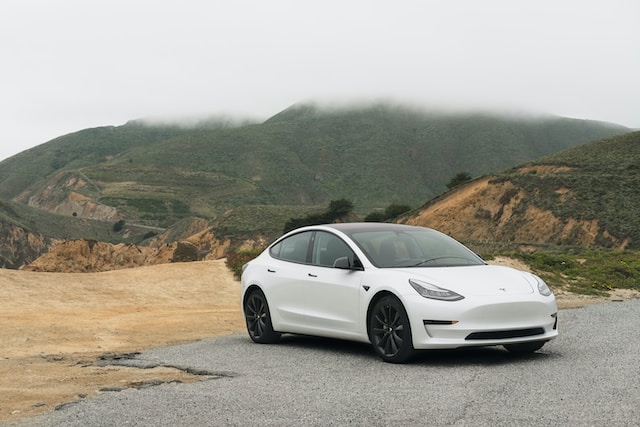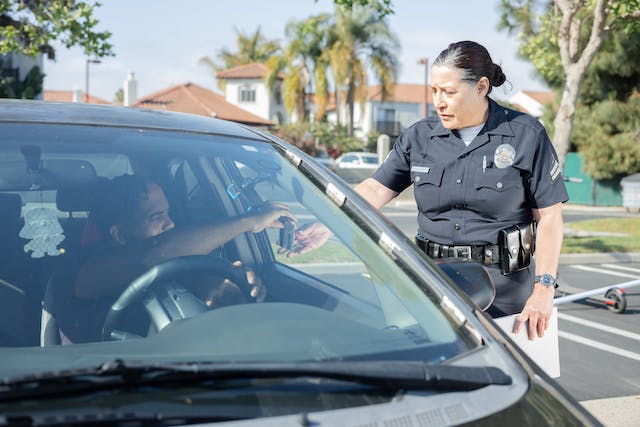Insurance companies base car insurance premiums on many different factors, and one of those factors is a driver’s accident history. Should you be in an accident, there are several ways that the resulting claim might impact your car insurance rates going forward. Here are four of the potential effects that an accident could have on your car insurance.
Immediate Cancelation of Current Car Insurance Policy
The cancellation of your current car insurance policy is the most extreme action that an insurance company can take, but it’s also an extremely unlikely outcome.
Many states have laws that prohibit insurers from canceling your policy simply because you were involved in a major accident, and cancelation is generally prohibited even if you’re entirely responsible for the accident. Should you cause a devastating pile-up on the freeway while obeying all driving laws, you at least can rest assured that your car insurance won’t be canceled.
Some accidents, however, involve other contributing circumstances that could lead to policy cancelation. Specifically, your car insurance policy might be canceled if you’re responsible for an accident and are charged with a major driving violation that contributed to the accident. For example, your policy might be canceled if you were driving under the influence of alcohol or drugs at the time of the accident. In some states, exceeding the speed limit by an egregious amount or driving recklessly is also a criminal offense that could justify cancelation.
In situations where a policy is canceled because of an accident that involved such a serious violation, the cancelation isn’t on account of the actual accident itself. Instead, the cancelation comes because of the violation that contributed to the accident — if you’re found guilty of DUI or reckless driving, your insurer may have grounds for policy cancelation.
Should your car insurance policy be canceled, you will immediately lose your auto insurance coverage. Before you can legally drive again, you’ll have to procure a different car insurance policy — and you may only qualify for a high-risk policy because of the serious violation.
Nonrenewal of New Car Insurance Policy
A more likely outcome of a serious accident is that your insurance carrier will refuse to renew your car insurance policy when the current policy’s term expires. This is an action that insurers are allowed to take even if you’re obeying all traffic laws at the time of an accident.
Nonrenewal means that your insurance company won’t automatically issue you another similar car insurance policy when your current one ends. Most insurance companies automatically issue a similar policy (perhaps with a few minor changes) when a driver’s current policy terminates. Should an accident place you in a higher risk category, however, you may not qualify for a policy that’s similar to yours — and you won’t be able to automatically renew the coverage.
Should you receive a nonrenewal notice from your insurer, you’ll have to find a new car insurance policy by the time your current one expires. You may want to get quotes from other insurers to see what they’d charge for a new policy, or you might be able to get a different policy from your current insurer if you prefer.
When you get a new car insurance policy, be prepared for the policy’s rates to be more than what you currently pay. Your rates won’t change until you get a new policy, but they’ll probably be much higher once you do get a new policy since you’re now in a higher risk category.
Increase of Your Car Insurance Premiums
If you’re not at fault for the accident or if the accident is minor, your current insurer might still renew your policy but not at the same price.
In this situation, you’ll get a renewal for your policy but the premiums on your next policy will be higher. How much the premiums increase depends on the specifics of the accident and your situation, but it’s often a substantial increase. You won’t see the premium increase until your policy renews.
Should your policy renew at a higher rate, you’ll find out how much your premiums go up when you receive the paperwork for the next policy at the time of renewal. At this time, you can decide whether to keep your policy or look for a different one.
Renewal of Your Policy with No Change in Premiums
While uncommon, you might be able to renew your policy with no change in premium after an accident. This usually only happens if you pay for an optional feature such as accident forgiveness. Additionally, the extent of the accident claim might impact whether your premiums remain the same or go up.
If your policy renews with no change in premium, you’ll see that the rate is the same when you receive the paperwork for your next policy at the time of renewal. Additionally, you may be able to check your current policy’s paperwork to see if a feature like accident forgiveness is included.
Compare Auto Insurance Quotes After an Accident
Regardless of what your insurance carrier does following an accident, it’s always a good idea to review multiple car insurance quotes following an accident. Different insurers factor accidents into their policies differently when setting premiums, and the only way to know which insurer will give you the most favorable policy is to compare quotes from different insurers. An independent insurance agent can help you with this process.


